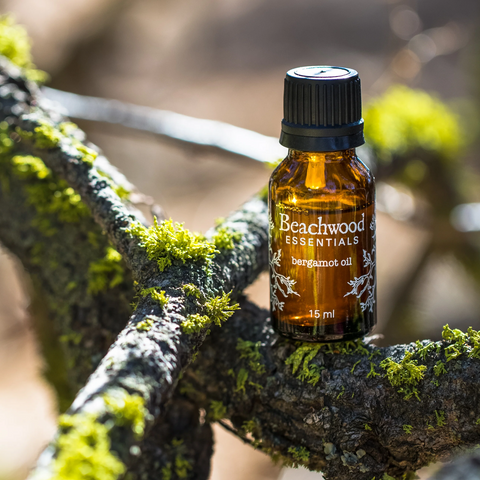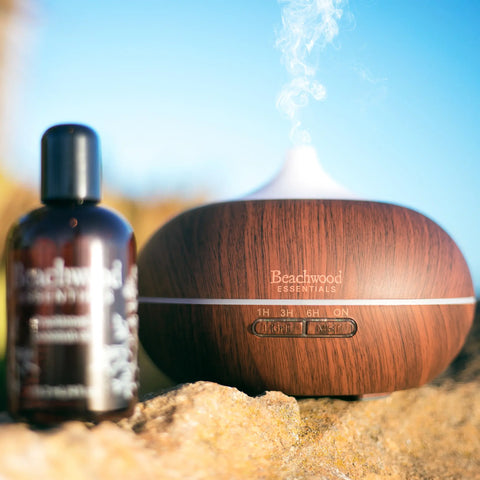Essential Oils 101
The History
You may think aromatherapy is a new-age form of modern medicine; however, the first recorded use of aromatherapy can be traced back over 3500 years ago.
The term “essential oil” comes from the word “quintessential oil.” Ancient Egyptians first burned incense made from spices and aromatic woods, to honor their God. They believed that as the smoke rose up to the heavens, it would carry their prayers and wishes directly to the heavens. Aristotle, a Greek philosopher believed that matter is composed of four elements; air, earth, water and fire. The fifth element was not tangible and was considered a spirit or life force. The process of distilling plants was believed to remove the healing spirit from the plant and promote a passing on of a life force. Since that time science has proven that essential oils are more than a spirit. They are physical and comprised of complex compounds and chemicals that have a positive and profound effect on mankind. This knowledge is what has led to the development of aromatics as medicine.
How they are made
Essential oils are natural aromatic extracts from plant material including grasses, flowers, twigs, seeds, bark, leaves, roots and peels from fruit. Plants store essential oils either on the surface of the plant or inside the plant material. While the oil lies within the plant material, they are constantly changing their chemical makeup to help the plant adapt to its ever-changing environment.
Essential oils are extracted from a variety of processes. For an essential oil to be a "true" essential oil, it must be separated by a physical process. The physical methods most commonly used are distillation through steam or steam and water, as well as cold pressing (unique to citrus peel oils). Following the distillation, the essential oil is physically separated from the water phase.
Benefits
Throughout history, the use of essential oils has been used to support and elevate our mental, physical and emotional well-being. Our bodies are able to utilize these aromatic and therapeutic components through a combination of inhalation and/or absorption. Just as there are hundreds of essential oils, there is an exponential variety of benefits that come from each one.
During the inhalation process, the chemical components travel through the olfactory system of the nose and "communicates" with tiny nerves. As the molecules reach the brain, they affect the limbic system, which is linked to the emotions, the heart rate, blood pressure, breathing, memory, stress and hormone balance.
How to use
Essential oils enter the body primarily in three ways— topically, inhaled, or ingested. Ingesting essential oils can be risky and not advised for the majority of oils. The two most common methods therefore are inhaled and topical. When essential oils are absorbed through the skin or lungs, they enter fluids and are distributed throughout the body, where their chemical constituents can interact with other bodily systems.
Diffuser
Practical and fast becoming a fashionable home must-have for style-conscious consumers, oil diffusers are a practical way to fragrance any room. It allows you to create any environment you wish whether it be at your home, office or any other space you spend time in. When essential oils are inhaled, receptor cells receive the aroma and send signals to the portion of the brain (limbic) that controls blood pressure, heart rate, breathing, hormone balance, and more. Essential oils are placed in a diffuser with water and sometimes with heat, so the scent is dispersed through evaporation. Get that urge for a candy bar to lift that afternoon fog? Try diffusing peppermint with orange oil to give you a calorie-free jolt while increasing your energy and creativity!
Topical
Wish you could take the relaxing scent of the spa home with you? You can!
Essential oils can be applied to the skin using a variety of techniques. It is important to note that many essential oils cannot be applied directly to the skin without being diluted. Organic and cold-pressed carrier oils such as almond or apricot kernel oil are ideal as these are light-weight and don't have a strong scent of their own. Drops of essential oil are added to a natural carrier oil and massaged onto the skin where they can be absorbed.
Fighting acne, stretch marks, dull skin or bothered by pesky insects? Chances are, there is an essential oil for whatever ails you. As a general rule when applying oils topically, you should begin at a 1% concentration; one drop of oil to a teaspoon of carrier. It's important to note that this dilution changes for babies and children so caution should be exercised.
Storing your oils
It's important to get the most out of your bottles so when stored properly, your essential oils can last a very long time.
The ideal place to store essential oils is in a cool, dry space where the temperature remains somewhat constant. Avoid areas with continual exposure to sunlight as this can affect the color and properties of the oils. Moisture is also harmful as it can enter the bottle when the lid is left off for a prolonged period of time.
Safety Guidelines
The benefits of aromatic oils are well-researched and numerous, but that doesn’t mean they can be used without taking precautions. Following safety guidelines will help ensure your experience using essential oils is a positive one.
DilutionMost essential oils, unless they are considered “neat,” need to be diluted prior to topical use. Neat oils are acceptable to apply directly to skin without dilution. Always check the dilution guidelines for each oil-dependent upon the method of use. As a general rule, you should keep concentration levels of essential oils below 5%.
Child SafetyYou should treat essential oils like other medications and supplements. In order to ensure safety, always keep your oils out of reach from children. It is important to check the guidelines for each oil based on diffusion or topical application. The recommended use of oils will vary depending upon the type of oil, the method of use and the age of the child.
Topical application of essential oils is not recommended on children under three months. Neonatal skin does not mature until three months of age which makes it more sensitive and permeable to essential oils.

